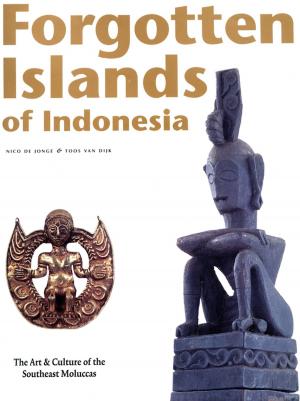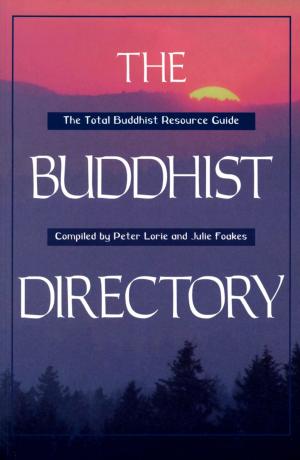Beyond the Breath
Extraordinary Mindfulness Through Whole-Body Vipassana Meditation
Nonfiction, Religion & Spirituality, New Age, Meditation, Eastern Religions, Buddhism, Philosophy| Author: | Marshall Glickman | ISBN: | 9781462916399 |
| Publisher: | Tuttle Publishing | Publication: | November 15, 2002 |
| Imprint: | Journey Editions | Language: | English |
| Author: | Marshall Glickman |
| ISBN: | 9781462916399 |
| Publisher: | Tuttle Publishing |
| Publication: | November 15, 2002 |
| Imprint: | Journey Editions |
| Language: | English |
Beyond the Breath is one of the first books to give a complete overview and description of sensation based vipassana meditation, the form of mediation thought of as the original method of meditation as used by the Buddha 2,500 years ago. This form of meditation, brought to the West by S.N. Geoneka, provides a means to experience emotions directly and nonverbally—accessing the mind through the body. One of the main principles of this school of meditation is that meditation alone is not sufficient practice, but that it must be combined with a whole-life and ethical commitment.
M.Glickman's approach is unique—he takes a mediation practice deeply rooted within a historic Buddhist framework, and gives it a modern-day, scientific spin—he presents sensation based viapassana meditaiton and Buddhist principles in 20th-century language, secularizing ideas that may sound exotic, off-putting, or out-dated. Glickman's passion for the topic, as well as his great understanding of Buddhist concepts, make this an inspiring read.
Beyond the Breath is one of the first books to give a complete overview and description of sensation based vipassana meditation, the form of mediation thought of as the original method of meditation as used by the Buddha 2,500 years ago. This form of meditation, brought to the West by S.N. Geoneka, provides a means to experience emotions directly and nonverbally—accessing the mind through the body. One of the main principles of this school of meditation is that meditation alone is not sufficient practice, but that it must be combined with a whole-life and ethical commitment.
M.Glickman's approach is unique—he takes a mediation practice deeply rooted within a historic Buddhist framework, and gives it a modern-day, scientific spin—he presents sensation based viapassana meditaiton and Buddhist principles in 20th-century language, secularizing ideas that may sound exotic, off-putting, or out-dated. Glickman's passion for the topic, as well as his great understanding of Buddhist concepts, make this an inspiring read.















